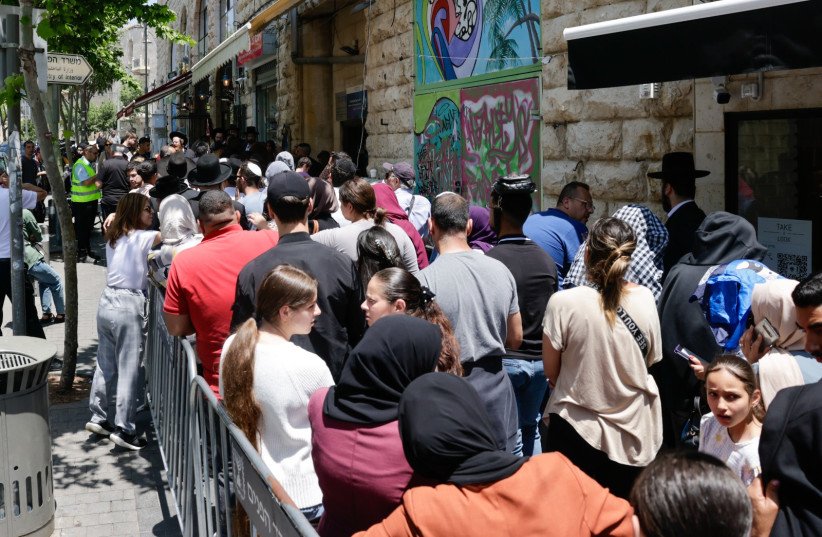(JTA) — After seven years in court and four conversions, a member of Uganda’s Abayudaya Jewish community is now an Israeli citizen.
Israel’s Interior Ministry, which handles applications for citizenship, this month approved the bid of Yosef Kibita, who first applied in 2018.
Israeli authorities had previously rejected immigration applications from the Abayudaya community, a group of about 2,000 Ugandans who began practicing Judaism a century ago after Ugandan statesman Semei Kakungulu declared himself Jewish and began adopting Jewish practices. The Israeli government considers the Abuyadaya an “emerging” Jewish group and ineligible for citizenship without conversion.
Kibita, like many other members of the group, first underwent conversion through the Conservative movement, which began performing conversions for the Abayudaya in 2002. It was the first Jewish movement to recognize the Abayudaya as Jewish, in 2008.
Conversion process
Kibita’s first conversion as a child was not recognized by the courts. He underwent a second conversion in 2008, before any Jewish movement formally recognized the Abayudaya as Jewish. The Israeli Supreme Court then asked him to undergo yet another conversion, but that was also not recognized because the Conservative movement did not require him to undergo a study period, as he had already spent almost his entire life as an observant Jew.

His fourth and final conversion included a nine-month study period. Kibita has been living on Ketura, a kibbutz in southern Israel with ties to the Masorti movement, Israel’s parallel to Conservative Judaism, and was nearly deported during his long immigration process.
“Since I have arrived in Israel, I knew that this was my home,” Kibita said in a statement. “I cannot describe how I feel at this moment after being approved as an Israeli. I am shaking with joy, and I feel even more connected to the Jewish world than ever.”
Kibita’s Conservative conversion was overseen in Uganda by Rabbi Andrew Sacks, who died in late June. “It is as if he is fixing from above what he strived to resolve until his last day,” Rakefet Ginsburg, executive director of the Masorti movement in Israel, said in a statement last week after Kibita was notified that he would become a citizen.
Ginsburg said Kibita’s citizenship was a watershed moment for the often contested status of non-Orthodox converts in Israel. Although Israeli law requires that their conversions be recognized for the purposes of immigration, many — particularly Jews of color — report years of roadblocks when they apply for citizenship.
“This victory does not belong to Yosef alone, but to all who believes in pluralistic and inclusive Judaism,” Ginsburg said. “It acknowledges the legitimacy of diverse Jewish communities worldwide and affirms the validity of conversions performed in genuine faith and commitment.”
